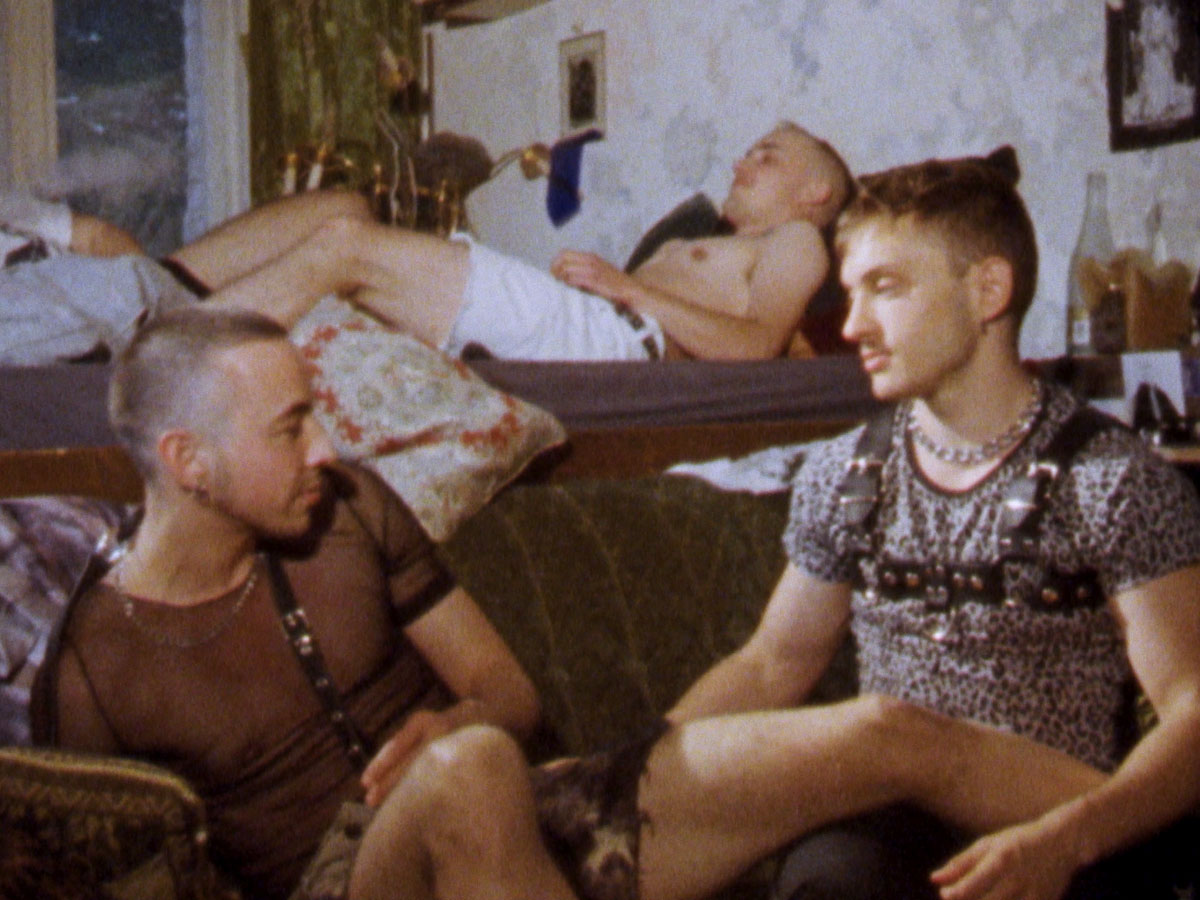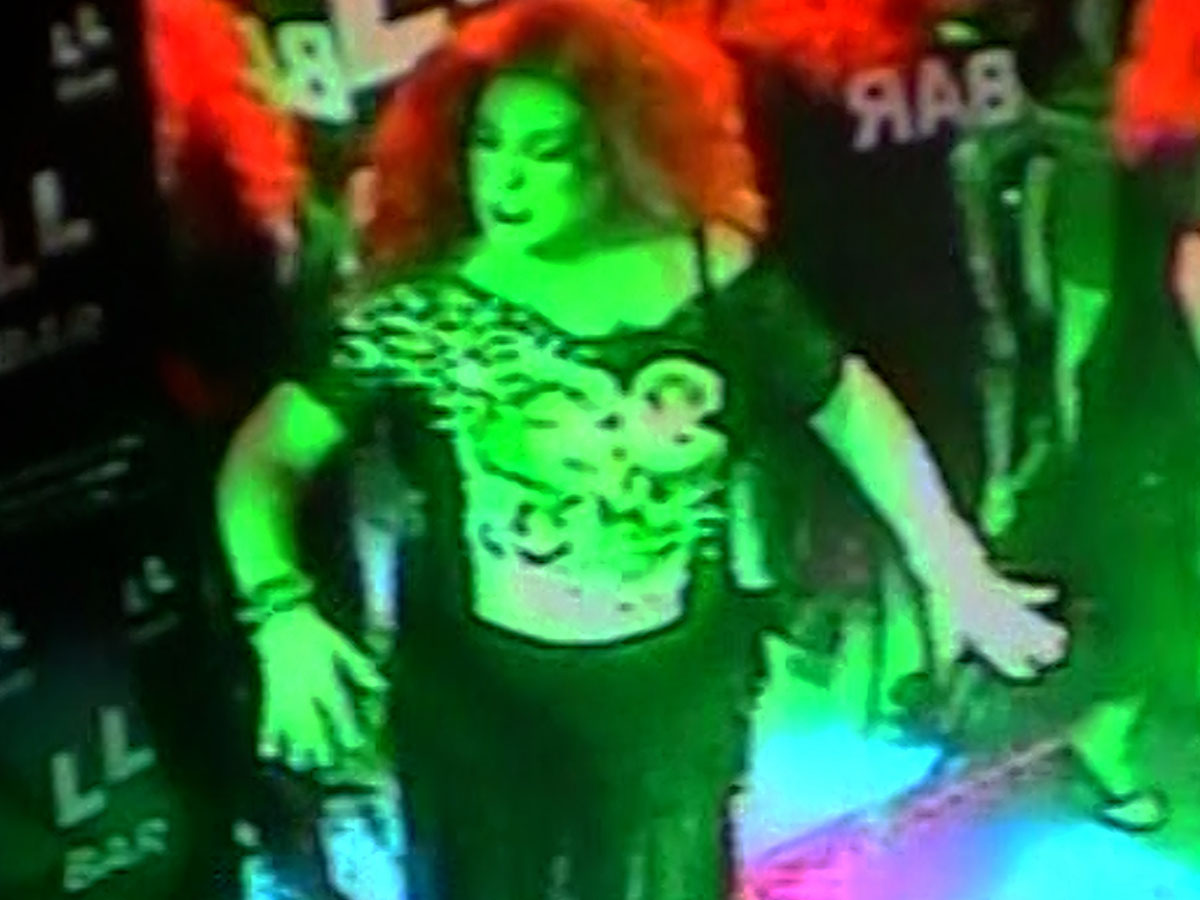
Pirate Boys
Punk author Kathy Acker’s work is the starting point for a conversation about gender identity and body transformation and is linked to the punk movement of the 1970s and 1980s. This hybrid mix of documentary, fiction, photography, and literature aims to portray the plasticity of the cinematic body in a new way and explores traces of queerness in Acker’s work.
Mainstream discourses around the world define people in an unquestionable binary system. Pirate Boys and Atopia are both empowering and radical in showing how narrow these normative constructions are and how flexible and fluid gender is. Pol Merchan’s hybrid documentary moves smoothly from documentation of the punk era to a performative exploration of gender. The words of intersex photographer Del LaGrace Volcano describe transformative and self-determined bodies, souls, and scars.
Pirate Boys was chosen by Nastaran Tajeri-Foumani, a Berlin-based non-binary activist, musician, moderator, and researcher. Their main focus is on political topics such as queer feminism, social justice, and anti-racist/anti-discriminatory practice. As a creator of and facilitator for several formats, methods, and workshops, Nastaran invites audiences to dive deeper into social transformation and decolonial deconstruction.
An introspective essay about the search for a place between reality and imagination: a placeless place made up out of dreams and a longing for fluidity. Slowly, the grains of the compressed image become the sands of the atopic beach, revealing an imaginary place.



